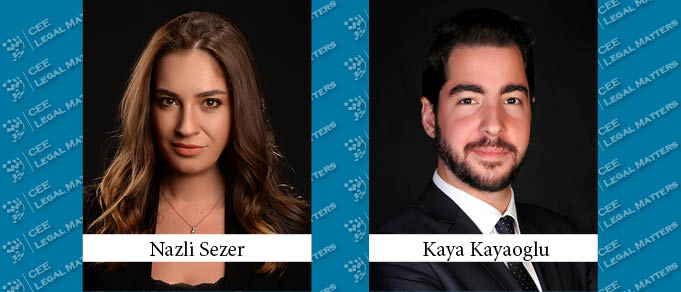Recently, the spread of COVID-19 has been classified as a “pandemic” by the World Health Organization. With the global contagion of the epidemic, rumors have appeared regarding the development of new medicines and vaccines in Turkey, as everywhere else, and this situation has caused much misleading news and information to be published by the media and on the Internet.
Pharmaceutical Industry In Turkey
The pharmaceutical industry in Turkey continues to grow from year to year, especially in terms of domestic R&D investment. According to 2019 reports, the sector reached a sales volume of approximately TRY 31 billion and more than 2 billion boxes of pharmaceutical goods in 2018. These numbers make Turkey the 17th largest market in the global pharmaceutical industry.
Authorization of medicines in Turkey is made by the country’s Medicines and Medical Devices Institution – a subsidiary of Turkey’s Ministry of Health. The Institution is responsible for determining the rules and standards regarding the licensing, production, storage, sale, import, export, placing on the market, distribution, putting into service, collection, and use of products falling within its purview, as well as authorizing and inspecting public and private legal entities and real persons to carry out these activities and imposing sanctions on them when necessary. The Institution authorizes medicines in accordance with the Human Medicinal Products Authorization Regulation, dated 19.01.2005.
Authorization Process
The authorization process begins with an application to the Institution with relevant documents and reports. All documents and reports submitted at this stage are kept confidential by the Institution. The application will be reviewed and a response sent to the applicant within 30 days after the application is received. If there are any missing documents, applicants have an additional 30 days to submit them.
After the application is complete, the Institution will begin its evaluation, which must be finalized within 210 days (unless there is a state of emergency or missing documents or information have been requested from the applicant). When authorizing a medicine, the Institution will evaluate whether it is proven efficient and reliable under the prescribed conditions of use, with appropriate technical and pharmaceutical properties. However, where public health requires, the Institution may abandon the application of some of the criteria mentioned above by taking into account pharmacoeconomic data.
The Institution will issue its authorization for medicines determined to be in accordance with the criteria stipulated in the regulation, will inform the applicant directly, and will announce the authorization in the Official Gazette.
Even after the authorization process, of course, successful applicants remain responsible to the Ministry in accordance with the conditions set out in Article 24 of the Regulation to produce the medicines in accordance with specifications related to safe use, product availability in the market, and, most importantly, public safety.
This responsibility is supervised and enforced in a strict manner in Turkey, as it is around the world. In Turkey, people and institutions who were found to have illegally distributed and sold drugs were fined a total of TRY 6.65 million in administrative penalties in 2019.
Conclusion
As reflected by the extensive authorization process, medicines are supervised in a strict manner by the Turkish Medicines and Medical Devices Institution in order to protect public health and ensure the highest level of compliance with international agreements and regulations. Even obtaining authorization after the development stage of the medicine takes nearly a year in Turkey. Even if this period can be shortened in emergency situations – such as an epidemic – the Institution continues its supervision in a strict manner.
In this context, much of the news regarding the Coronavirus pandemic published on the Internet or broadcast by the media is misleading, because even if a drug is developed in a short time, it takes a long time to complete the clinical trial, R&D, and licensing processes. For this reason, it is predicted by the World Health Organization that effective drugs for the Coronavirus outbreaks which are affecting the whole world today can be released in the spring of 2021 at the earliest.
By Nazli Sezer, Partner, and Kaya Kayaoglu, Senior Attorney, Sezer & Utkaner
This Article was originally published in Issue 7.3 of the CEE Legal Matters Magazine. If you would like to receive a hard copy of the magazine, you can subscribe here.

















